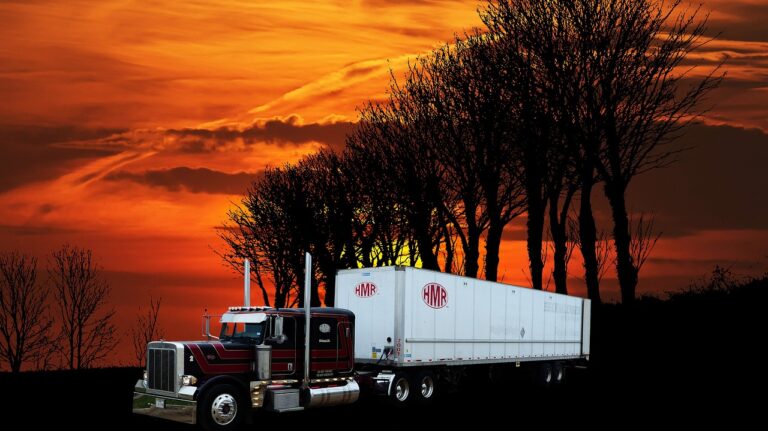The Role of Big Data in Automotive Trade Shows: Cricket 999.com login, 11xplay online, Betbhai9 id
cricket 999.com login, 11xplay online, betbhai9 id: The Role of Big Data in Automotive Trade Shows
In the fast-paced world of automotive trade shows, staying ahead of the competition is key to success. With advancements in technology, big data has become a valuable tool for companies looking to make an impact at these events. By harnessing the power of data analytics, businesses can gain valuable insights into consumer behavior, trends, and preferences, helping them make informed decisions that can drive sales and increase brand awareness.
So, what exactly is big data, and how can it be used in the automotive industry? In simple terms, big data refers to large sets of data that can be analyzed to reveal patterns, trends, and associations. In the context of automotive trade shows, this data can encompass everything from customer demographics and buying habits to market trends and competitor analysis.
One of the most significant ways big data is revolutionizing the automotive trade show industry is through predictive analytics. By analyzing past data, companies can predict future trends and make data-driven decisions that can give them a competitive edge. For example, by analyzing customer purchasing behavior from previous trade shows, companies can predict which products or services will be in high demand at future events, allowing them to tailor their marketing strategies accordingly.
Another way big data is transforming automotive trade shows is through real-time analytics. With the ability to collect and analyze data in real-time, companies can make quick adjustments to their marketing strategies based on actual consumer behavior at the event. For example, if a particular product is not attracting as much attention as expected, companies can quickly pivot their marketing efforts to focus on more popular offerings.
In addition to predictive and real-time analytics, big data is also being used to personalize the customer experience at automotive trade shows. By analyzing customer data, companies can tailor their marketing messages and offers to individual preferences, increasing the likelihood of making a sale. For example, if a customer has previously shown interest in electric vehicles, companies can target them with personalized marketing materials highlighting their latest electric car models.
Overall, the role of big data in automotive trade shows cannot be understated. By leveraging the power of data analytics, companies can gain valuable insights into consumer behavior, trends, and preferences, allowing them to make informed decisions that can drive sales and increase brand awareness. In an industry as competitive as automotive trade shows, having access to this kind of information can mean the difference between success and failure.
How can companies collect and analyze big data at automotive trade shows?
There are several ways companies can collect and analyze big data at automotive trade shows. One common method is through the use of RFID technology, which allows companies to track attendee movements and interactions with exhibitor booths. This data can then be analyzed to identify popular products or services, as well as areas for improvement.
Companies can also collect data through surveys and feedback forms, where attendees can provide valuable insights into their preferences and buying habits. By analyzing this data, companies can gain a better understanding of their target audience and tailor their marketing strategies accordingly.
Another method of collecting big data at automotive trade shows is through social media monitoring. By tracking mentions and discussions about the event on platforms like Twitter and Facebook, companies can gauge attendee sentiment and identify areas for improvement in real-time.
When it comes to analyzing big data, companies can use a variety of tools and software to make sense of the vast amounts of information collected. From data visualization tools to predictive analytics software, there are plenty of options available to help companies extract valuable insights from their data.
In conclusion, big data is playing an increasingly important role in the automotive trade show industry. By leveraging the power of data analytics, companies can gain valuable insights into consumer behavior, trends, and preferences, helping them make informed decisions that can drive sales and increase brand awareness. As technology continues to advance, the role of big data in automotive trade shows is only set to grow, providing companies with the tools they need to succeed in an increasingly competitive market.







